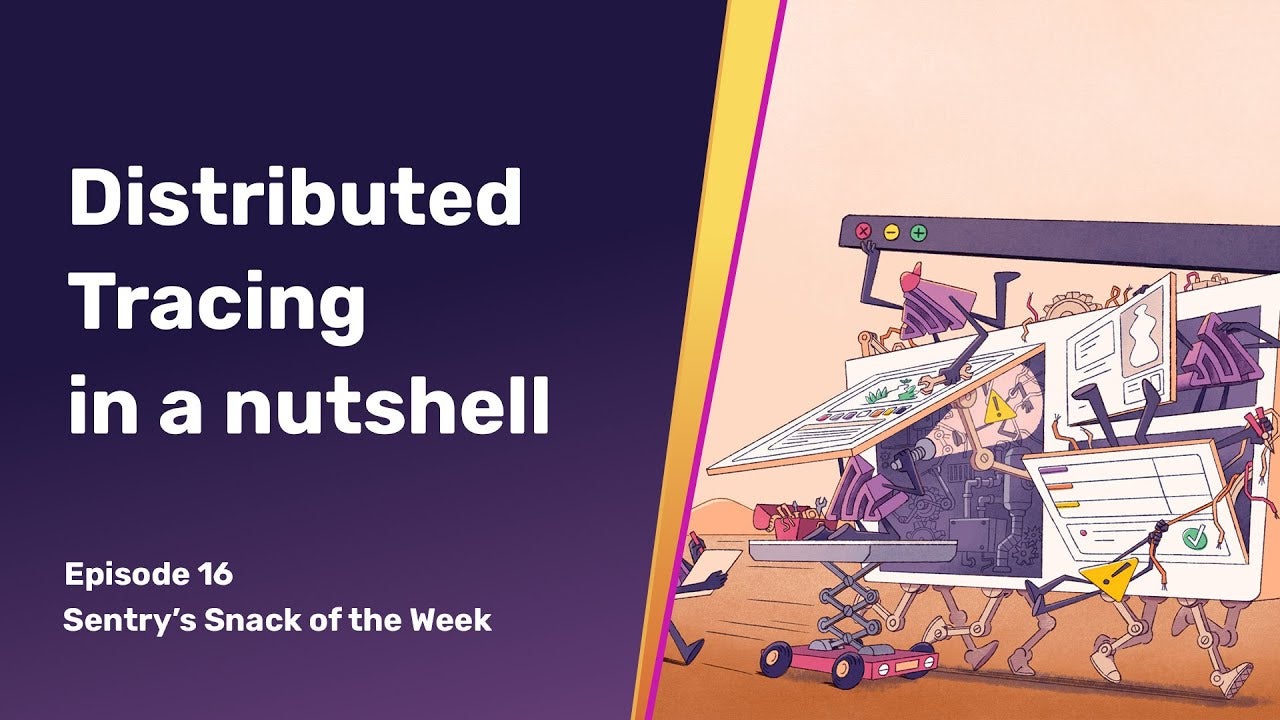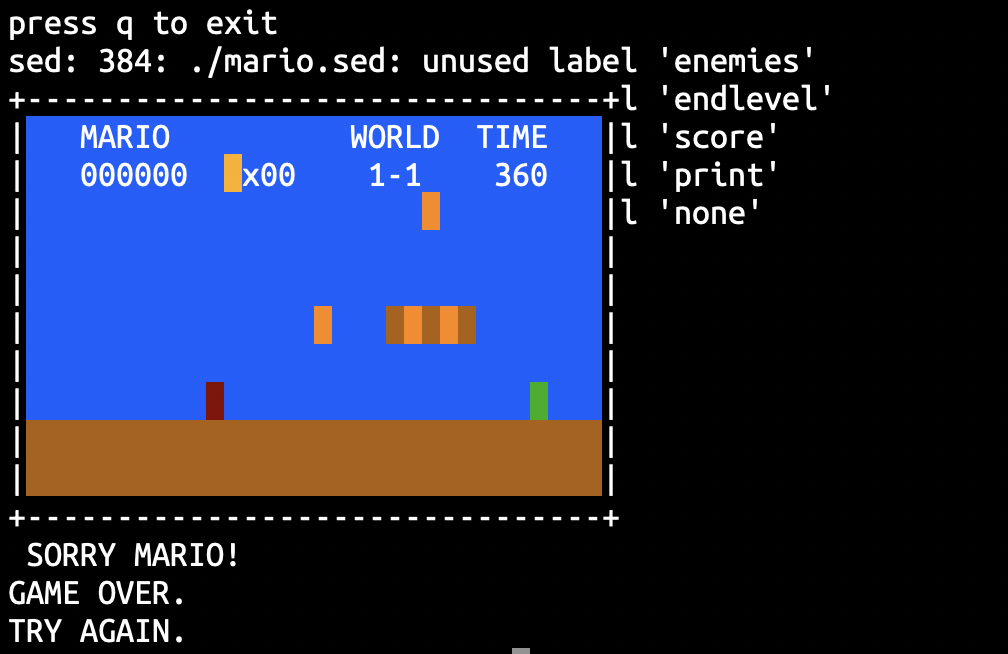Changelog News
vim -c “help iccf”
Hello again 👋
The software community was jolted over the weekend when the family of Vim creator Bram Moolenaar shared the news of his recent passing:
It is with a heavy heart that we have to inform you that Bram Moolenaar passed away on 3 August 2023. Bram was suffering from a medical condition that progressed quickly over the last few weeks. Bram dedicated a large part of his life to VIM and he was very proud of the VIM community that you are all part of.
Bram’s work improved countless lives, mine included. I only communicated with him once when I was putting together our Vim episode a couple years back. He respectfully declined to be on the pod, but offered a written interview instead. The plan was to do it as a follow-up once we shipped, but I soon forgot about it, missing a great opportunity to meet and thank someone who gifted me so much. Thank you, Bram.
Ok, let’s get into the news. (Audio Edition)
🏳️ The open source licensing war is over
Matt Asay, for Infoworld:
It’s time for the open source Rambos to stop fighting and agree that developers care more about software’s access and ease of use than the purity of its license.
This, of course, prompted many “open source Rambos” to disagree and start fighting about licenses again… The context for Matt’s article is Meta’s claim that Llama 2 was open source despite its license restricting commercial use from players large enough to use it commercially. This means it’s not actually open source by definition. Matt agrees with that, but his point is that it doesn’t matter because nobody cares.
“open source” doesn’t really matter anymore. Not as some countercultural raging against the corporate software machine, anyway. All of this led me to conclude we’re in the midst of the post–open source revolution, a revolution in which software matters more than ever, but its licensing matters less and less.
I think Matt’s conclusion is actually on point, but the way he describes those who care about such matters (Rambos, Warriors, etc.) flippant.
Read also: Why Open Source Matters by Stephen O’Grady
💅 Beautiful components for your AI projects
LangUI is an open source Tailwind library of 60+ responsive (and dark mode enabled) components tailored for AI and GPT projects. What exactly does that mean? It means prompt containers, history panels, sidebars, message inputs, and other chatbot-related things.
🔌 Mac mini with Power over Ethernet
Hardware hacker Ivan Kuleshov modded a Mac mini to run via PoE and documented the entire wild adventure so we can ride along. But before you get any crazy ideas…
I think you can replicate it, but I don’t think you’ll want to. Keep in mind it’s quite time-consuming. Something can go wrong at every step. You will void the warranty on your Mac mini. So it’s your responsibility. It was an experiment, a test of skills, a topic for discussion, and just a hardware-hacking project
Next up he’s thinking of adding Power Delivery so he can use the mini just by connecting a monitor (with Power Delivery support) with one cable.
🤝 Apple joins Pixar in OpenUSD alliance
I first learned about Universal Scene Description from NVIDIA’s Guy Martin at All Things Open last year. He was quite excited by Pixar’s “first open source software that can robustly and scalably interchange 3D scenes”, but the big open question was (and often is with up and coming open standards) would it be adopted by enough key players to actually become a useful standard?
Enter the newly formed Alliance for OpenUSD with the likes of Apple, Adobe & Autodesk joining Pixar and NVIDIA behind the “standardization, development, evolution, and growth” of this 3D modeling tech that will now surely play a role in Apple’s visionOS and other metaverse-y products. Which begs the question: Where’s Meta?
🎥 Distributed tracing in a nutshell
Thanks to Sentry for sponsoring this week’s Changelog News 💰
So your users are experiencing a weird bug, and you wish you could just see how the operation flow went from the client, to the backend, and the back to the client. You need Distributed Tracing! Let Lazar Nikolov from Sentry show you how on this awesome “Snack of the Week” video
🔧 The worst tool for the job
John D. Cook describes a tool acquisition strategy he picked up from Kevin Kelly:
If you need a tool, buy the cheapest one you can find. If it’s inadequate, or breaks, or you use it a lot, then buy the best one you can afford.
And he applies it to the context of software tools:
There’s something to be said for having crude tools that are convenient for small tasks, and sophisticated tools that are appropriate for big tasks, but not investing much in the middle.
I find myself doing this often. I use crude, simple, not-good-enough tools for as long as possible. Finally, when it’s painfully obvious that the job I’m using said tools to accomplish is worth investing in long-term… I make the big investment. The challenge with this is determining when to make that call.
💬 Quote of the week
Leslie Lamport is this week’s guest on The Changelog! Here’s one of this thoughts that we can all be glad he wrote down:
“If you’re thinking without writing, you only think you’re thinking.”
🎰 Betting on HTML
David DeGraw:
With the advent of large language model-based artificial intelligence, semantic HTML is more important now than ever…
Proper tagging is extremely descriptive in a machine-readable format. This is likely a more compelling reason for adopting modern HTML than saving design time. The shift from primary data interfaces to secondary interfaces is already underway. RSS refuses to die. ChatGPT-like interfaces are likely the future of human data access. We’re going back to the beginning. Advertisers may be scared, but I’m not! Let’s start the revolution and set the world on fire with modern HTML.
He goes on to list a few examples of UI elements he founds useful and/or novel, such as abbr, details & meter
💭 Things we always remind ourselves while coding
Some questions we ask on our Frontend Feud surveys aren’t usable because the responses are just too varied to group in any meaningful way. But that doesn’t mean they aren’t interesting! For our most recent game, we asked our listeners: “What is one thing you always have to remind yourself when coding?”
The responses were all over the place, so I didn’t use it in the game. But they do provide a cool peak into the minds of developers. It’d be a shame to let them sit privately on some disk drive until its bits fade to black. So, without further ado… We asked 100 JS Party listeners what ONE thing they always have to remind themselves when coding. Survey says!
📡 Other stuff on the radar
- Paired: Denis Kranjcec and his team have been pair programming for two years now, so he took some time to write up their experience, some of the challenges & why they’re sticking with it.
- Cleared: A little web app to quickly check your new project’s name isn’t taken on GitHub, in package managers, or on the world wide web before you announce it to the world. (via Omri)
- Served: The Supabase team is actively developing (and ready for collaborators) a language server (LSP) for Postgres. They say it’s “Not SQL with flavors, just Postgres.”
- Canned: Nicole Tietz wants you to throw away your first draft of code. “It’s really tempting to hang onto the code after a prototype to speed up the feature development, but it won’t do that. It’ll just sabotage the prototyping.”
- Uncovered: Codecov (by Sentry) is now “open source” but not technically, so David Cramer wrote this follow-up to explain why they mistakenly used the term and why he believes its Business Source License is close to open source.
- Satired: Taylor Troesh strikes again. This time with, “Man Spends Entire Career Mastering Crappy Codebase”
🕹️ Because why not?
Ivan Chebykin coded up the first level of NES’ 1985 smash hit Super Mario Bros in pure sed. Yes, I said pure sed.
🎧 ICYMI: Recent good pods from us
DX on DX – Adam is joined by Abi Noda to talk about DX a.k.a. DevEx a.k.a. Developer Experience. Since the dawn of software development there has been this push to understand what makes software teams efficient, but more importantly what does it take to understand developer productivity? That’s what Abi has been focused on for the better part of the last 8 years of his career.
Vector databases (beyond the hype) – Prashanth Rao is a real practitioner that has spent and huge amount of time exploring the expanding set of vector database offerings. After introducing vector database and giving us a mental model of how they fit in with other datastores, Prashanth digs into the trade offs as related to indices, hosting options, embedding vs. query optimization, and more.
Building world-class developer experiences – Mat & Kris talk with Alice Merrick from the Go Team & Andy Walker about building a world-class developer experience. You know it when you see it, things just feel right. But it’s more than just a pleasant UI or lipstick on a pig (which is a saying), it really matters.
An intimate conversation about careers – KBall and Amal go deep on careers. They share their career journeys, talk through learnings and mishaps that happened along the way, and break down key factors to understand about big role transitions like “Senior->Staff” as well as “Engineer->Manager”.
That is the news for now ✊
We have some great pods coming up this week: Leslie Lamport on Wednesday, Kaizen 11 on Friday!
Have a great week, tell your friends about Changelog News if you dig it, and I’ll talk to you again real soon. 💚
–Jerod


